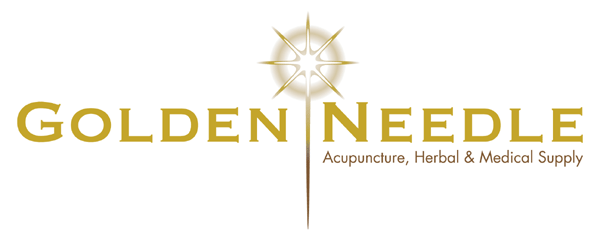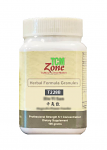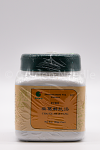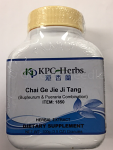Chai Ge Jie Ji Tang, 100 caps
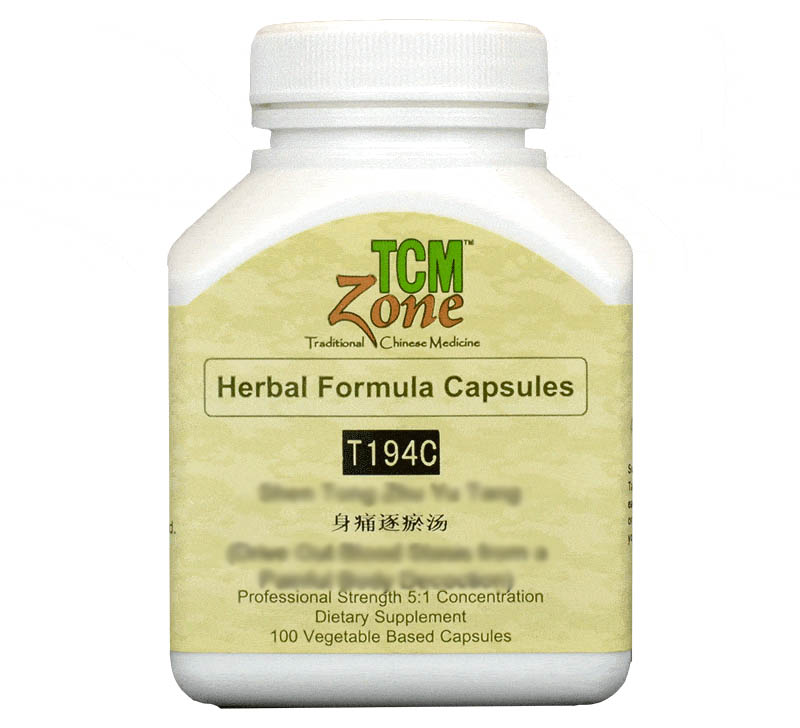
Chai Ge Jie Ji Tang, 100 caps
| SKU | TCM170-C | |
| Brand | TCM Zone Formulas - Capsules | |
| Unit Size | 100 Caps | |
| Potency | 5:1 | |
| Properties | Source Text: Six Texts on Cold-Induced Disorders (Shang han liu shu) | |
| Contraindications | This formula is inappropriate for simple exterior wind-heat disorders (Bensky). | |
| Chinese Symptomology | An exterior wind-cold presentation characterized by increasing fever and decreasing chills accompanied by headache, stiffness of the extremities, orbital and eye pain, dry nasal passages, irritability, insomnia. | |
| Western Symptomology | Influenza;Toothache | |
| Actions | Releases pathogenic influences from the muscle layer and clears interior heat (Bensky). | |
| Pattern | Unresolved, exterior wind-cold which has become constrained and is transforming into heat (Bensky). | |
| Tongue | Thin, yellow tongue coating | |
| Pulse | Floating, slightly flooding pulse | |
| Chinese name | 柴葛解肌汤 | |
| English name | Bupleurum and Kudzu Decoction to Release the Muscle Layer | |
| Description | This [formula] is [for] unresolved, exterior wind-cold which has become constrained and is transforming into heat. It is also known as simultaneous greater yang and yang brightness-stage disorder, reflected in the increasing fever and decreasing chills. The pathogenic influence which remains in the exterior (greater yang) causes headache, stiffness of the extremities, and a floating pulse. The interior heat (yang brightness) causes irritability, insomnia, orbital and eye pain, dry nasal passages, and a slightly flooding pulse. The condition requires the use of cool, acrid herbs to release the pathogenic influence from the muscle layer while concurrently clearing heat. (Bensky: Chinese Herbal Medicine Formulas & Strategies, 1990) |
|
| Ingredients | Ingredients (daily amount of raw herb in gram) Bupleurum Root (Chai Hu) 3.75g |
|
